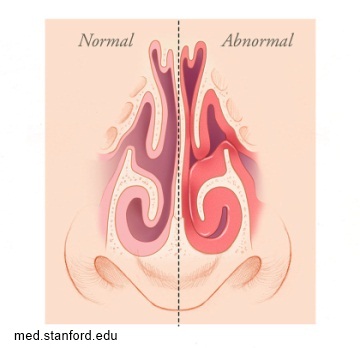Nasal Septoplasty for Correcting a Deviated Septum
The two nasal passages in your nose are separated by the nasal septum. This thin wall made of cartilage is ideally located almost equally between your two nostrils. However, some people have a deviated septum that they were either born with or developed somewhere along the way.
While a slightly off-center septum may not cause any problems, a significantly deviated septum often causes noticeable symptoms and can be corrected through a procedure known as nasal septoplasty.
It’s not necessary to have a perfectly straight septum; very few people do. However, if you notice symptoms such as habitual snoring, sleep apnoea, recurrent sinus infections, postnasal drip, loud breathing, headaches, facial pain, and/or nosebleeds, you may benefit from scheduling an appointment with a nose surgeon in Sydney, especially if medications alone are not bringing about lasting relief.
Nasal septoplasty is a form of surgery that repairs a crooked septum. In most cases, the symptoms experienced before surgery are alleviated long term.
Modern medicine allows surgeons to make a small incision in the septum via the nostrils in order to correct the misaligned septum. As a result, you won’t have to worry about external surgical scars.
Your nose surgeon may find that symptoms are stemming not only from a deviated septum but also from swollen turbinates along the walls of your nasal passage. This can cause air flow to be blocked leading to the symptoms described above.
It is routine for surgeons to perform both septoplasty and turbinate reduction surgery at the same time to completely eliminate associated symptoms. Since both procedures are relatively noninvasive, you will find that the recovery time is minimal and well worth the results achieved.
Following the nose surgery recovery plan that your surgeon recommends will allow you to get back to life as normal much sooner while feeling considerable relief from previous symptoms.
If you have questions about treatment for a blocked nose or nasal septoplasy surgery, contact your local doctor, who will arrange for you to see an ENT Specialist.




